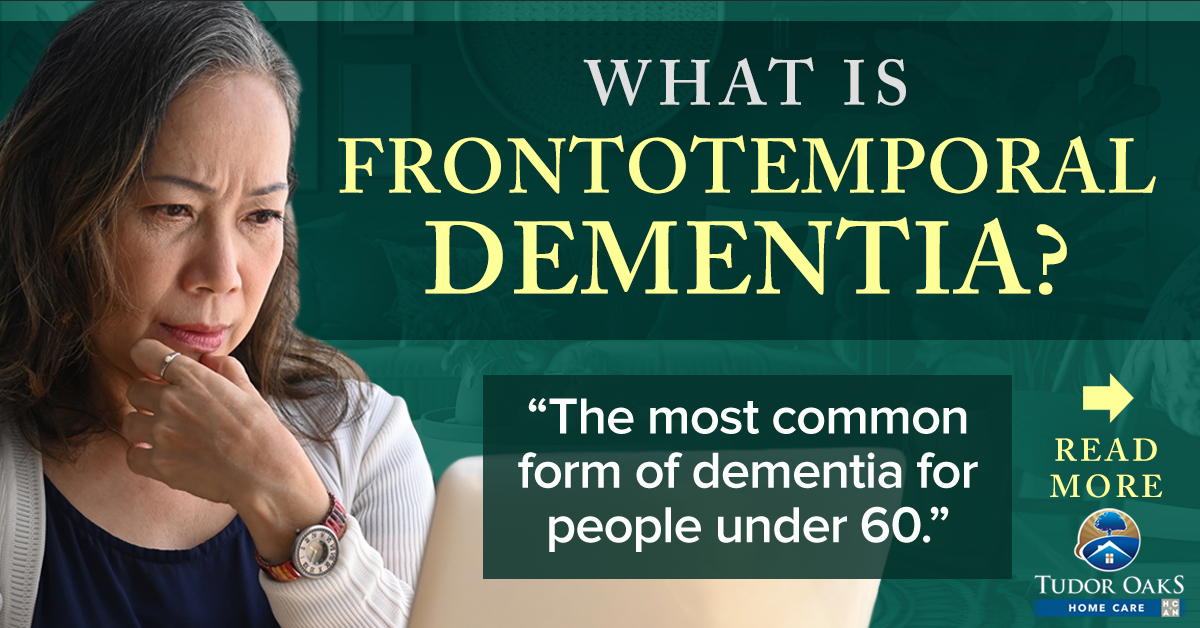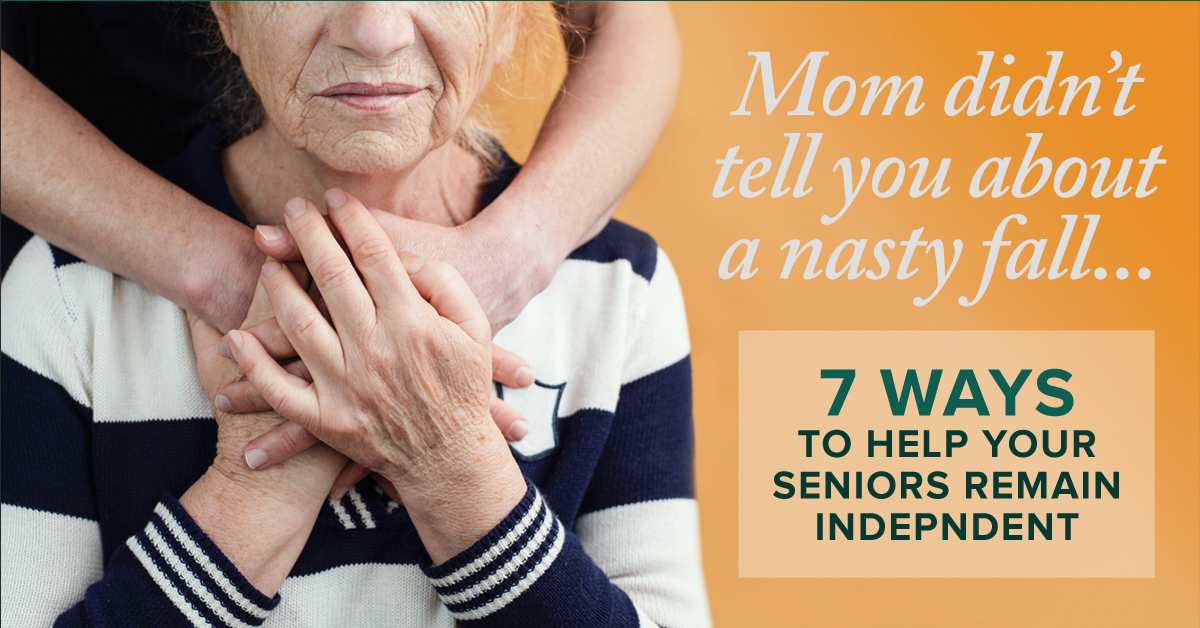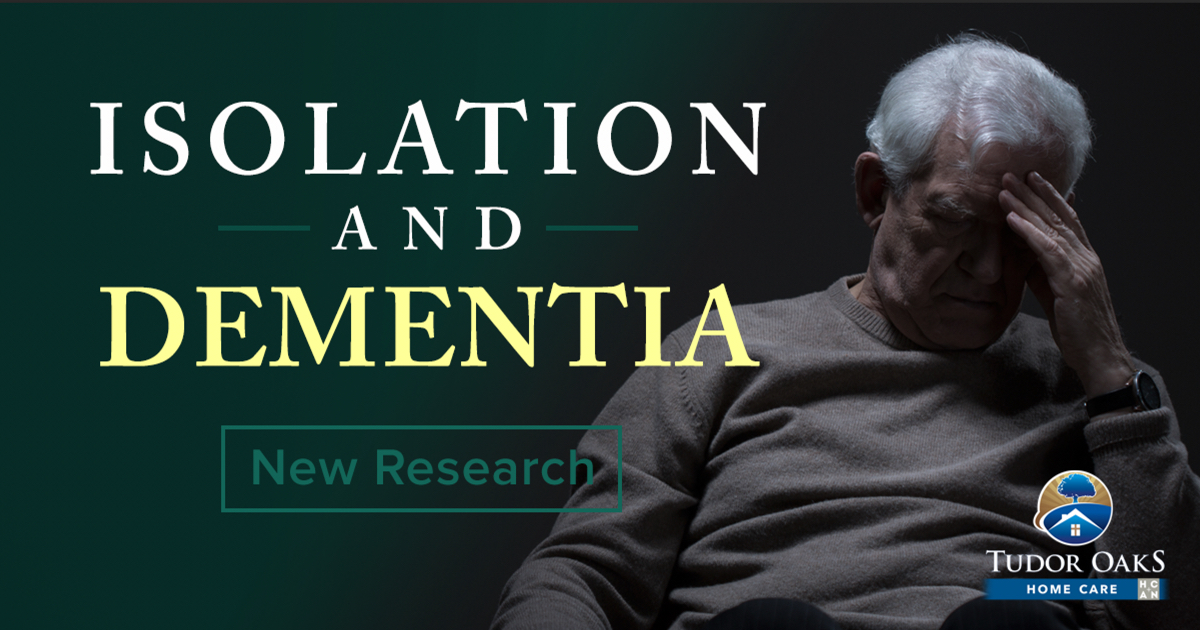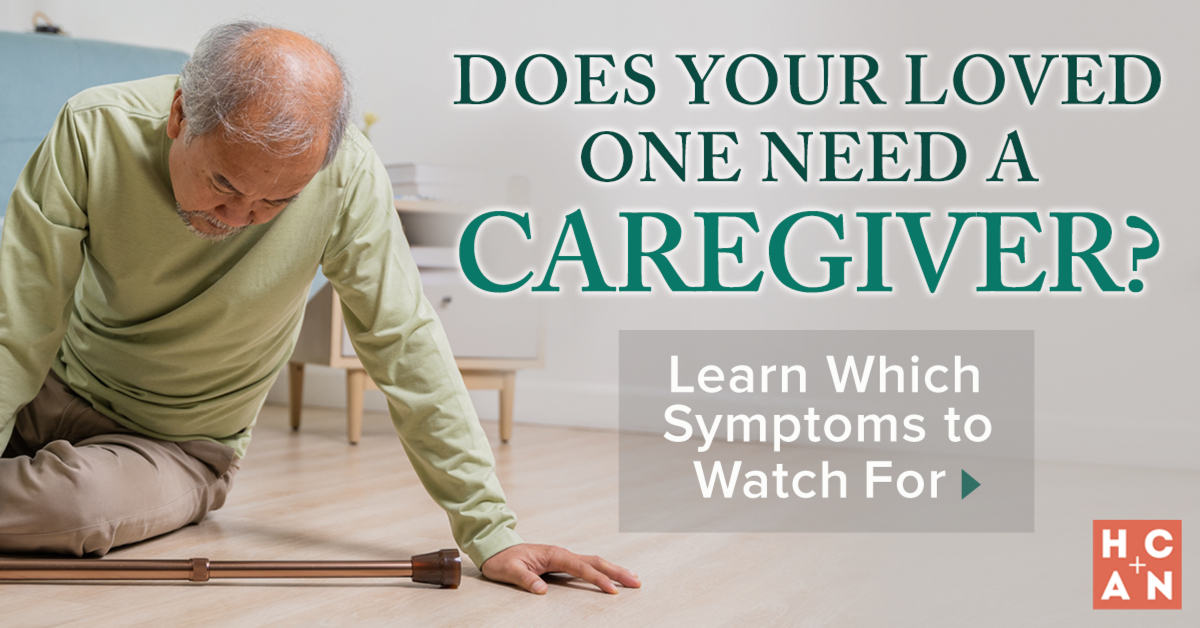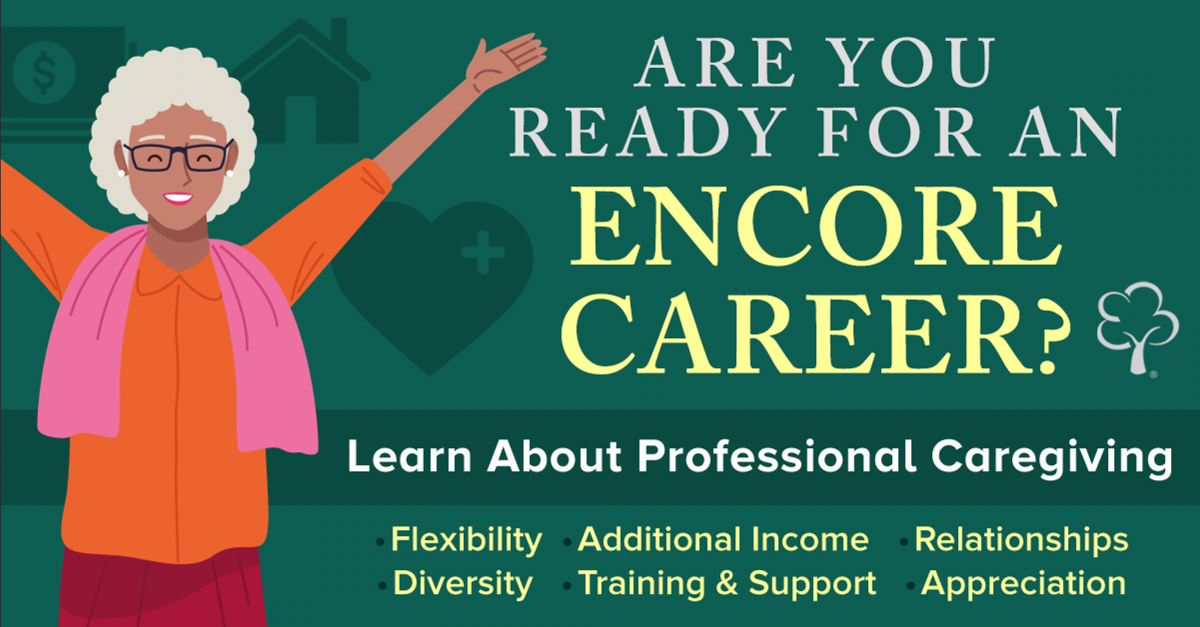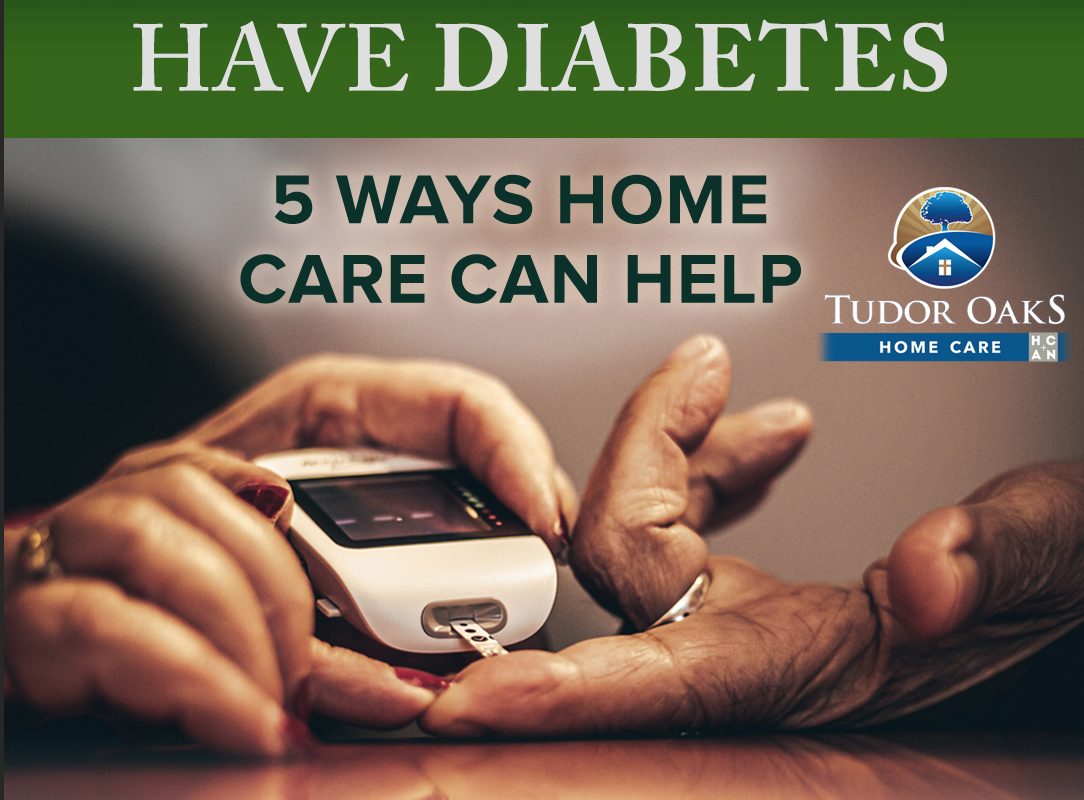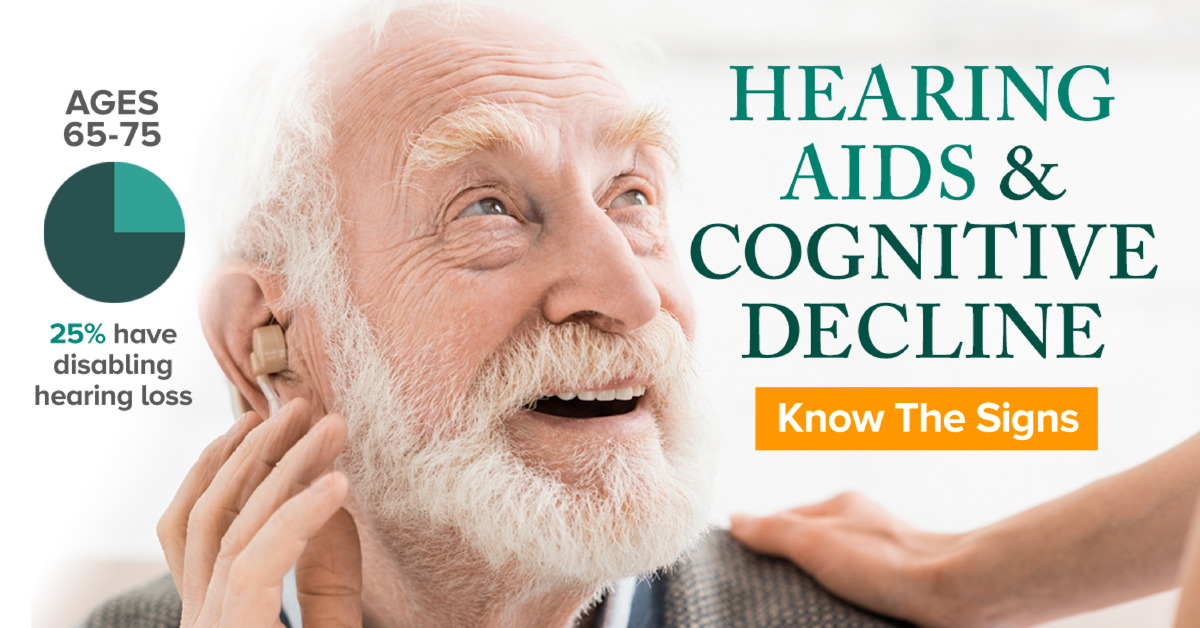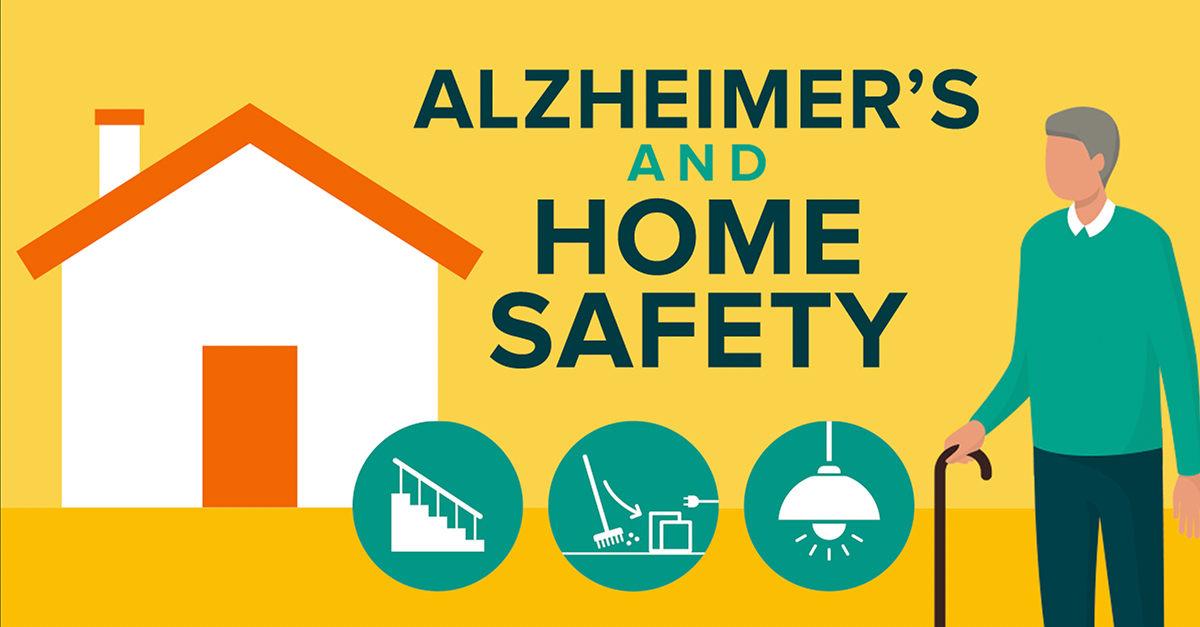You may have heard the heartbreaking news – actor Bruce Willis has been diagnosed with frontotemporal dementia (FTD).
“FTD is a cruel disease that many of us have never heard of and can strike anyone,” his family said in a statement sharing the diagnosis. “For people under 60, FTD is the most common form of dementia, and because getting the diagnosis can take years, FTD is likely much more prevalent than we know.”
According to the U.S. Department of Health and Human Services, FTD is caused by a group of disorders that gradually damage the brain’s frontal lobes (the areas behind your forehead) and/or its temporal lobes (the regions behind your ears). There are three types of FTD: Continue reading What is Frontotemporal Dementia?
